The fun thing about science experiments for young kids is that you can quickly set them up with what you already have! This simple viscosity experiment with a Valentines Day theme is perfect for a little bit of kitchen science. We love simple science activities because they are so much fun and festive!
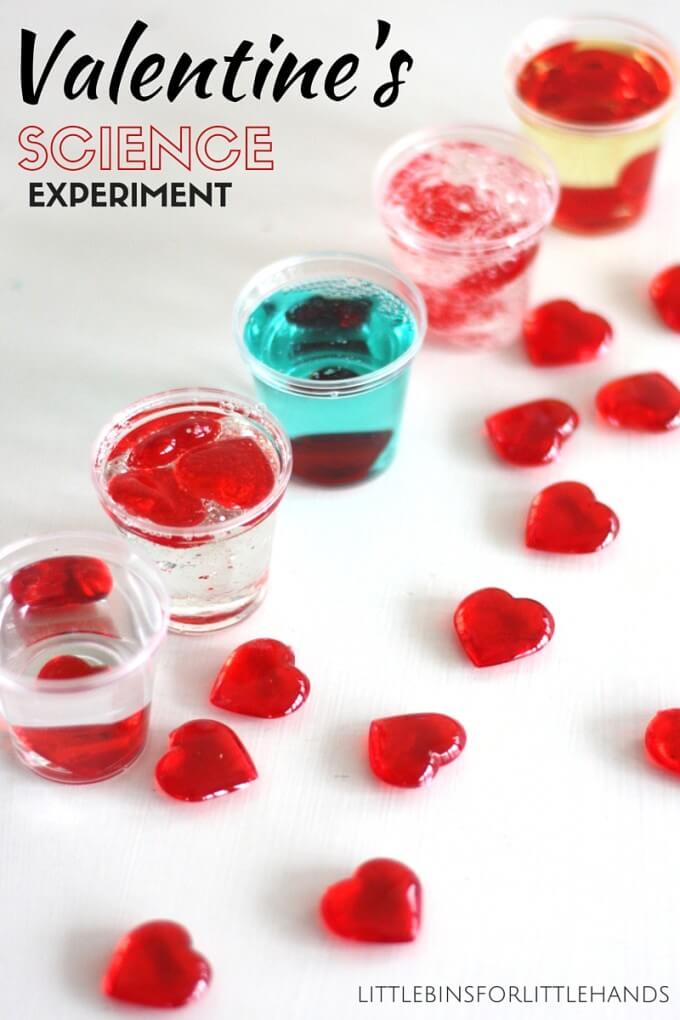
Explore Viscosity For Valentine’s Day
Valentine’s Day science experiments can be pretty simple but also very educational. I love science activities that feel like playtime too. It’s a fantastic way to introduce science to younger kids. Your little scientist will love these ideas!
This easy viscosity experiment looks at different liquids from around the house and compares them to each other. Add colorful little hearts to get a good look at what viscosity is all about.
It sounds like a difficult concept to understand, but this hands-on Valentine’s Day experiment is a great way to get kids thinking about thick or thin liquids.
What Is Viscosity?
Viscosity is a physical property of fluids. The word viscous comes from the Latin word viscum, meaning sticky. It describes how fluids resist flow or how “thick” or “thin” they are. Viscosity is affected by what the fluid is made of and its temperature.
Imagine pouring syrup and water from a bottle. Syrup is more viscous because it’s thick and flows more slowly, while water is less viscous because it’s thin and flows more quickly. So, viscosity is like how gooey or runny a liquid feels!
ALSO LEARN ABOUT… Density of Liquids
Viscosity Experiment For Kids
Kids can certainly help to set up this Valentine’s Day viscosity experiment. Talk about what is viscosity and provide examples (see above).
Supplies:
- Small clear plastic cups
- Small plastic hearts (or similar)
- Various liquids (water, dish soap, oil, liquid glue, hair gel, corn syrup etc.)
- Paper and pencil
Set Up:
STEP 1: Have your kids search around the house for various liquids. If you want to try this with a class, you can provide a variety of liquids kids can choose from.
STEP 2: Kids can help pour liquids too. Pouring the liquids is a great opportunity to check out their viscosity! Less viscous liquids will pour faster than more viscous liquids.
Add a different liquid to each cup.
Optional: Label each cup from low viscosity to high viscosity.
STEP 3: You can take it further by dropping in these little hearts. Put one heart in each cup. It’s for Valentine’s Day, after all?! They don’t have any hearts, so why not try this with paper clips or pennies?
- Do the hearts sink or float?
- Which liquid suspends the hearts the best?
- Do those liquids have high or low viscosity?
MAKE SURE TO CHECK OUT: Valentine Bubble Science
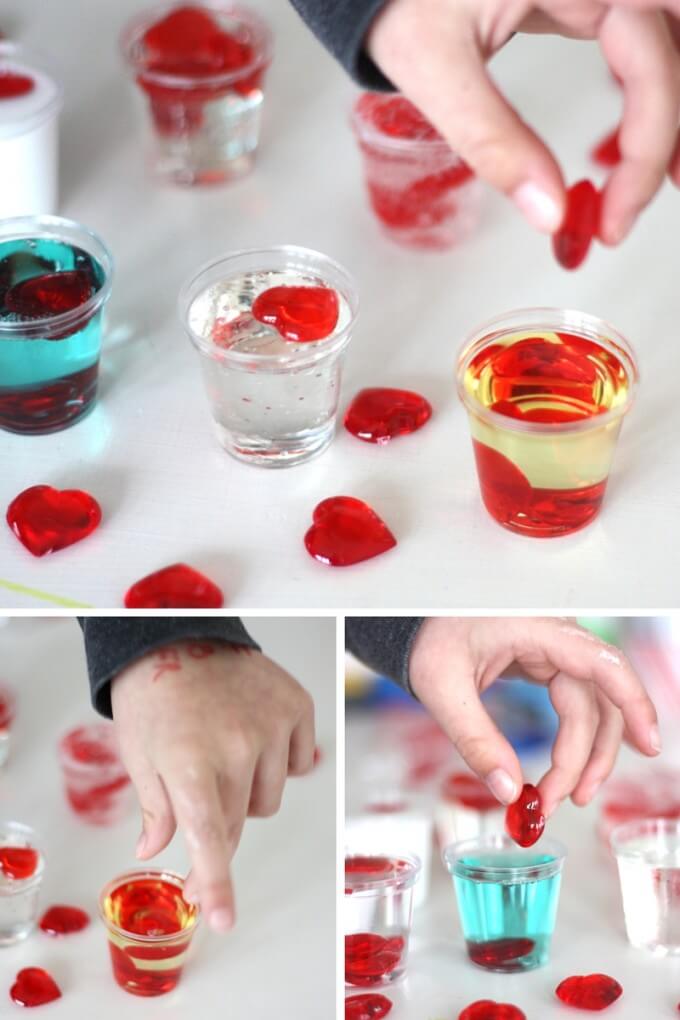
Viscosity Experiment Results
Our favorite liquid for this viscosity was the hair gel {extra hold gel}!
The corn syrup was pretty good, but our hearts are light. Even if we poked them down into the corn syrup, they would slowly rise up over time.
The dish soap and glue were so-so. One heart sank, and one floated. My son found it delightful to poke the hearts into the thicker liquids to see what they would do.
Also, take a look at our Valentines Oil and Water density experiment tray.
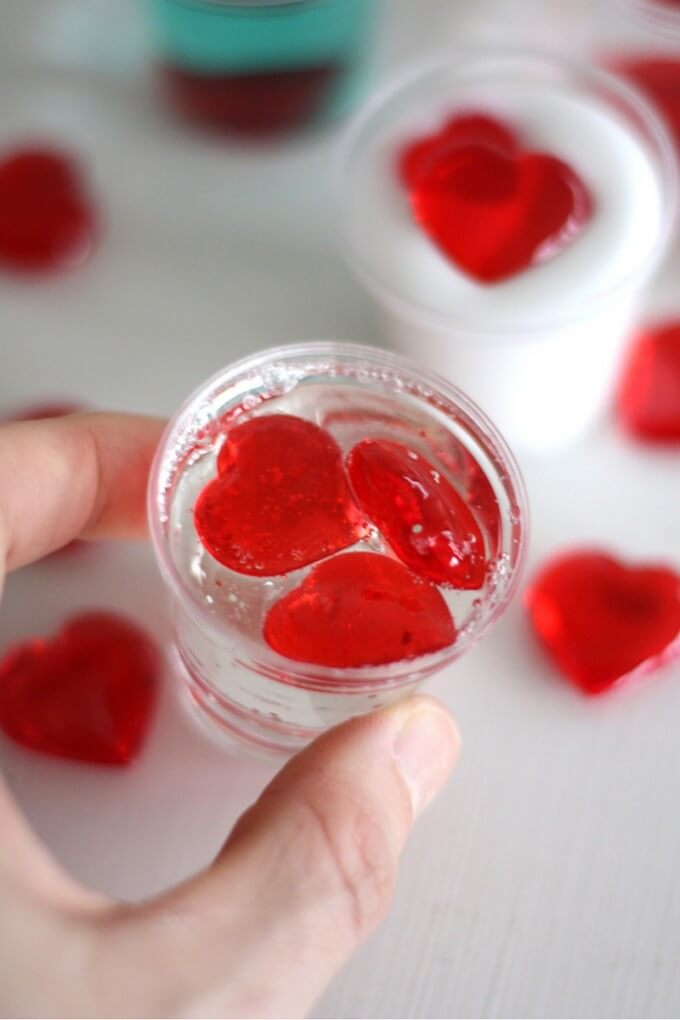
Most liquids can be saved and poured back into the appropriate containers, so there is very little waste. Quick and easy science! I love science experiments I can whip up in minutes but also get us thinking and exploring.
YOU MIGHT ALSO LIKE: Water Displacement Experiment
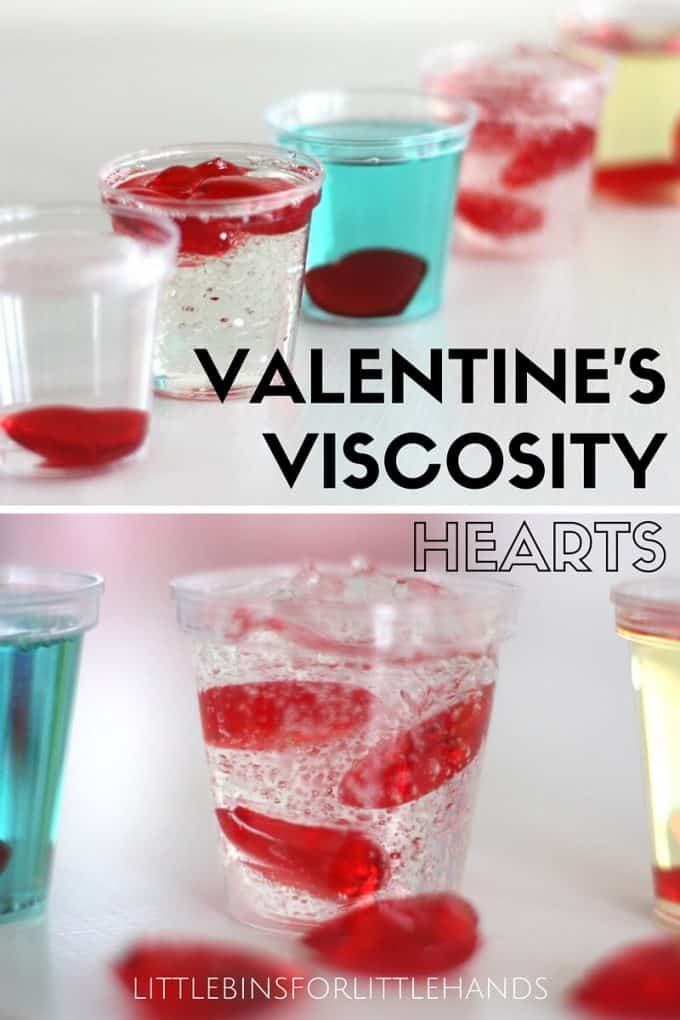
Helpful Science Resources To Get You Started
Here are a few resources that will help you introduce science more effectively to your kiddos or students and feel confident yourself when presenting materials. You’ll find helpful free printables throughout.
- Best Science Practices (as it relates to the scientific method)
- Science Vocabulary
- 8 Science Books for Kids
- All About Scientists
- Free Science Worksheets
- Science Supplies List
- Science Tools for Kids
- Join us in the Club
More Fun Valentine’s Day Science Experiments
You can find all our Valentine’s Day science experiments here, including…
- Heart Lava Lamp
- Valentine Magic Milk
- Valentine Skittles Experiment
- Grow Crystal Hearts
- Water Displacement Experiment
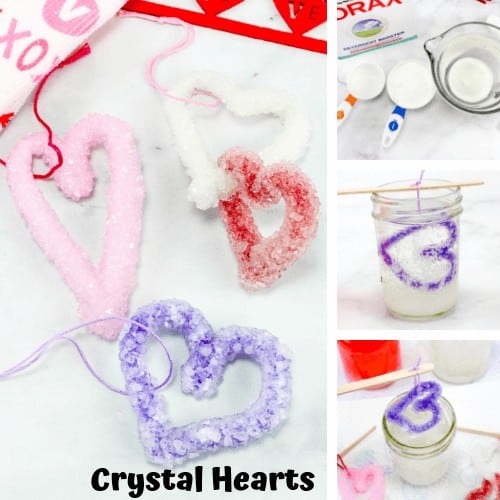
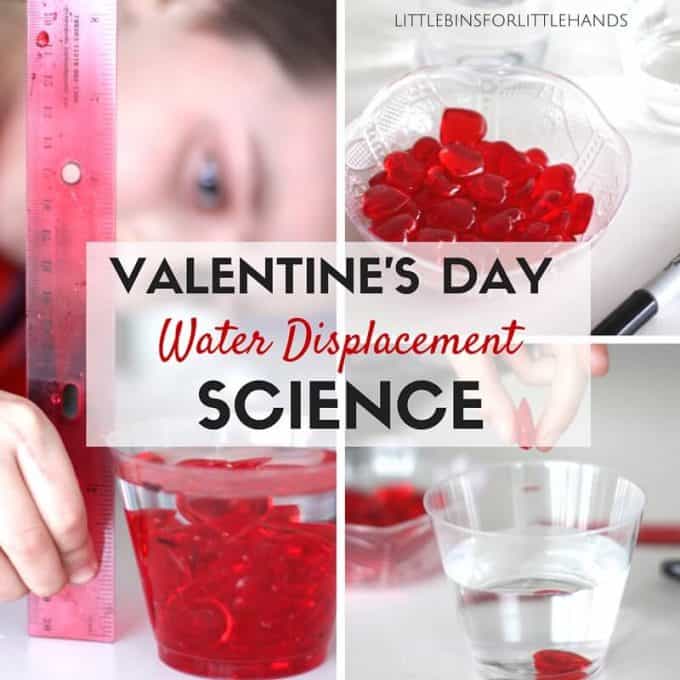

Printable Valentine STEM Project Pack
Countdown to Valentine’s Day with science and STEM! Pack includes complete instructions, templates, and images for 20+ activities. Bonus: printable science Valentine’s Day cards!
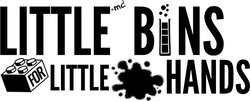


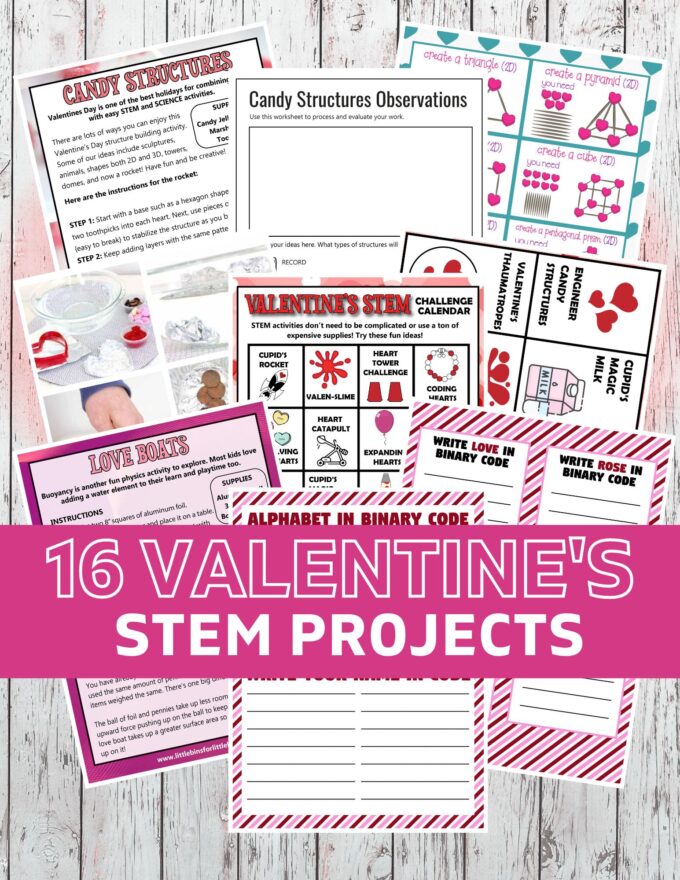
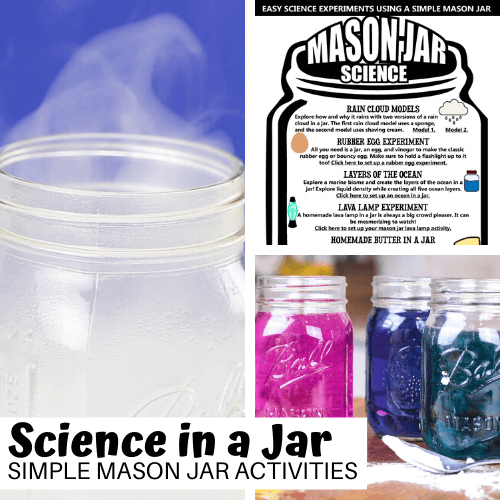
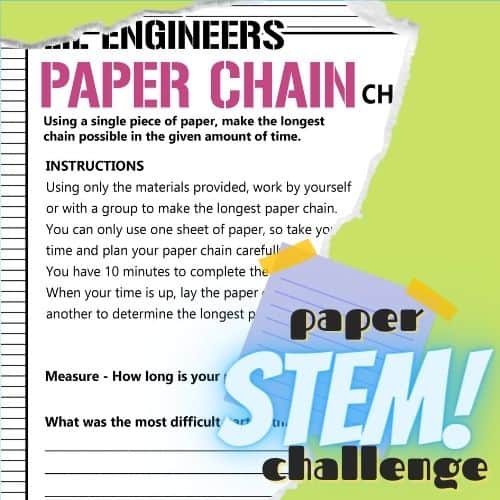
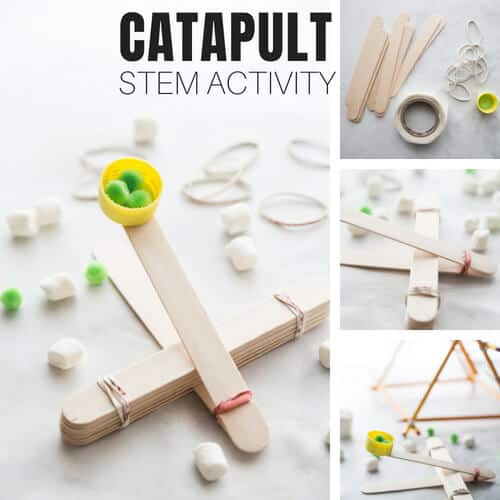
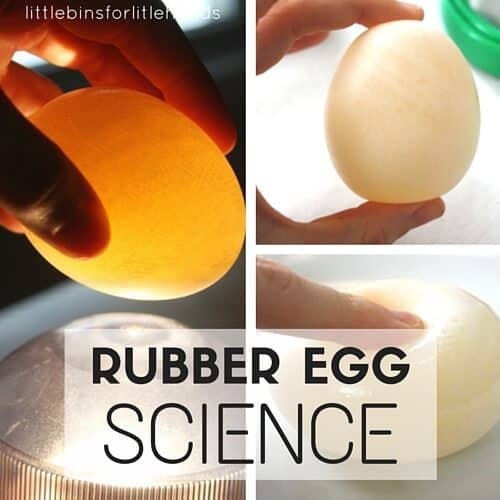
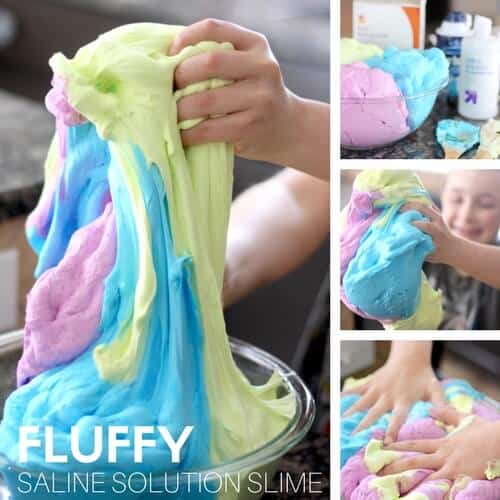
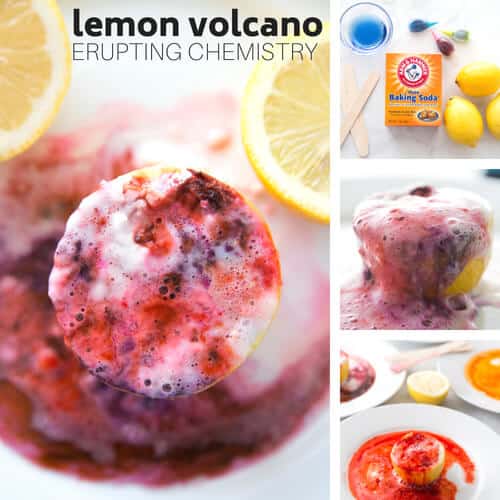
2 Comments
Comments are closed.